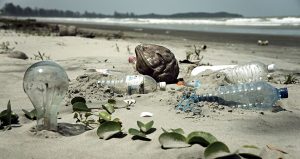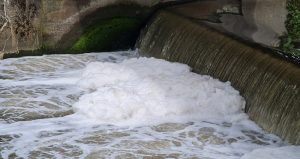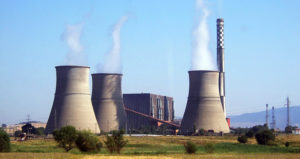EC simplifies environmental assessments
- 19 May 2014
-
Editorial Team
Share article:
BRUSSELS – A simplification of European legislation for permits or assessments on the potential effects on the environment has taken into force on May 16. The newly amended Environmental Impact Assessment (EIA) Directive will offer better protection for the environment while reducing administrative burdens from EU law. The EIA should enable the member states to act more actively on environmental issues.
Member states may adopt one-stop shops for permits involving EIA and the Water Framework Directive. The expectation is that it will also enhance business certainty for public and private investments.
Main amendments
Member states now have a mandate to simplify their various environmental assessment procedures. Timeframes are introduced for the different stages of environmental assessments, like screening decisions should be taken within 90 days and public consultation should last at least 30 days.
Furthermore the screening procedure to determine whether or not an EIA is required has been simplified. EIA reports are to be made electronically available and clearer for the public, especially as regards assessments of the current state of the environment and the consideration of reasonable alternatives to the project being proposed. Moreover the quality and the content of the reports will be improved. If projects do entail significant harmful effects for the environment, developers will be obliged to take and effectively monitor steps to avoid, prevent or reduce such effects.
Although developers will get an easier environmental yes or no on their projects from now on, not all member states are keen on a higher degree of harmonization due to subsidiarity reasons. On the other hand, the new directive does generally reinforce resource efficiency considerations, including water.
Smarter regulations
The EIA is in line with the European Commission’s drive for smarter regulation. Member States have to apply these rules as from 16 May 2017 at the latest. They also need to communicate to the European Commission the national legislation adopted in order to comply with the directive.















